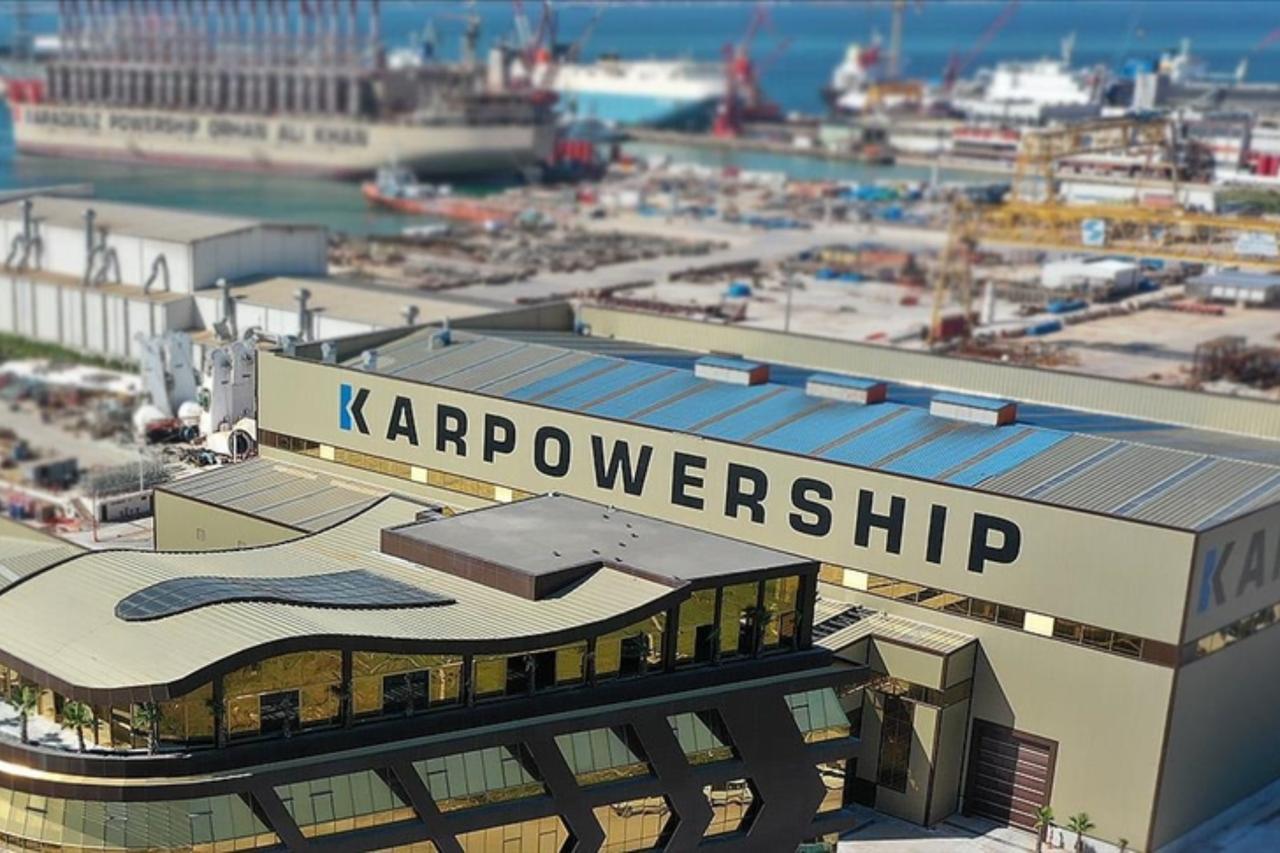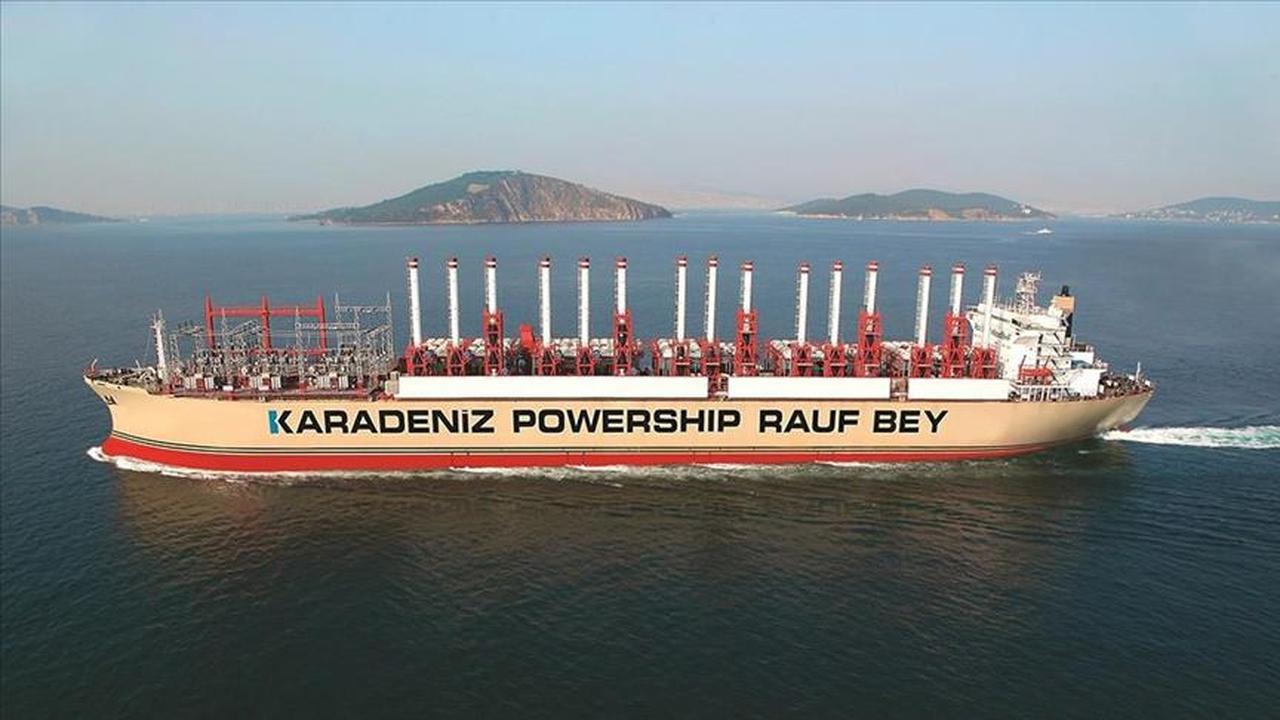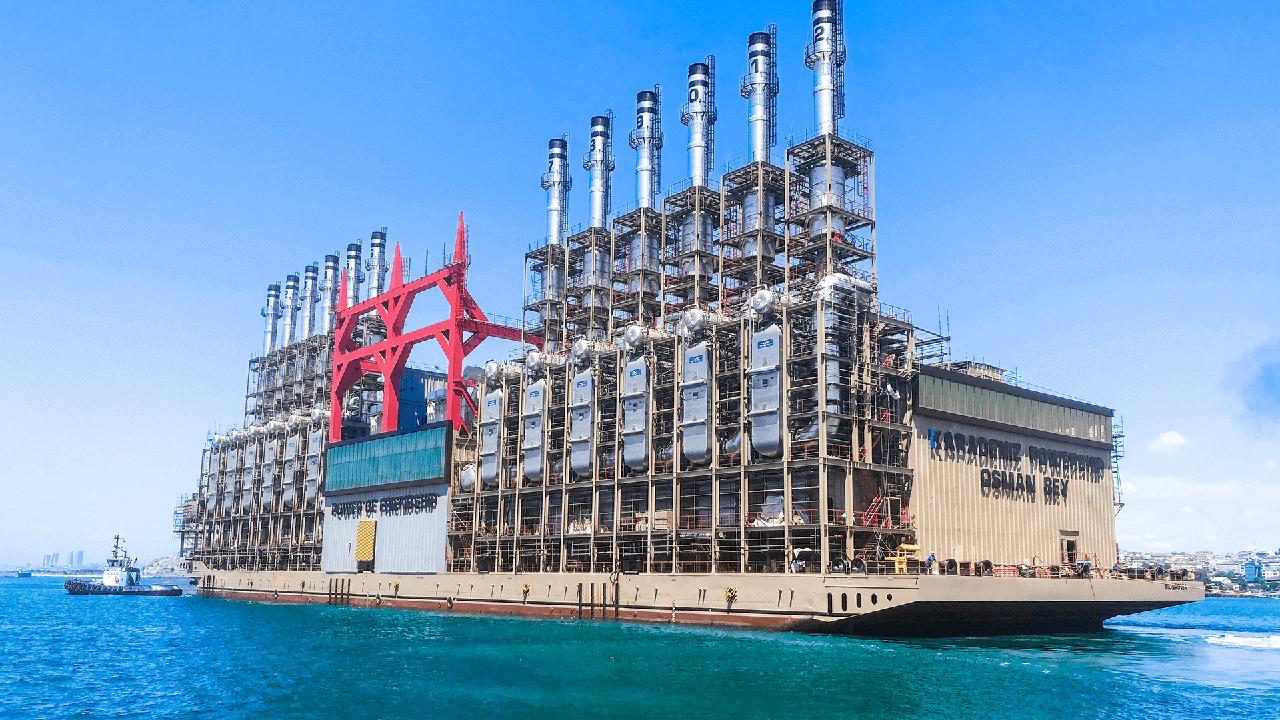
Türkiye’s Karpowership, a global player in floating power generation, is reportedly in talks with Moroccan authorities to address the North African country’s persistent electricity shortages.
According to Turkish media, the engagement took place during the Africa Energy Forum, held in Cape Town between June 17 and 20, where company executives met Moroccan officials to evaluate potential solutions.

According to the business-focused patronlardunyasi.com, Ali Hjaiej, Deputy Sales Manager for Africa at Karpowership, said the firm’s liquefied natural gas (LNG)-powered floating power stations could offer Morocco a quick and practical solution to its ongoing energy problems.
Karpowership, a subsidiary of Türkiye’s Karadeniz Holding, has built a fleet of 36 floating power stations—commonly referred to as powerships—with a total installed capacity exceeding 6,000 megawatts. These vessels operate as mobile power plants and have already been deployed in more than ten countries across Africa, Asia, and the Caribbean.
The company positions its floating plants as a swift and cost-effective energy solution, particularly for countries with underdeveloped or damaged electricity infrastructure.
Morocco has long struggled with widespread power outages, especially in rural areas, despite ongoing efforts to boost domestic energy production. The country's vulnerability to energy supply disruptions has made the prospect of powership deployment increasingly appealing to policymakers seeking immediate relief.

The Karpowership talks align with broader efforts to deepen trade relations between Türkiye and Morocco. Moroccan Secretary of State for Foreign Trade Omar Hejira visited Türkiye last week for high-level meetings with Turkish officials, including Deputy Trade Minister Mustafa Tuzcu.
Following the discussions, Tuzcu announced plans to raise the bilateral trade volume to $5 billion. He noted that both countries aim to encourage more frequent business-to-business meetings and highlighted that Turkish firms are expected to play a key role in Morocco’s 2030 FIFA World Cup preparations, particularly in infrastructure projects.